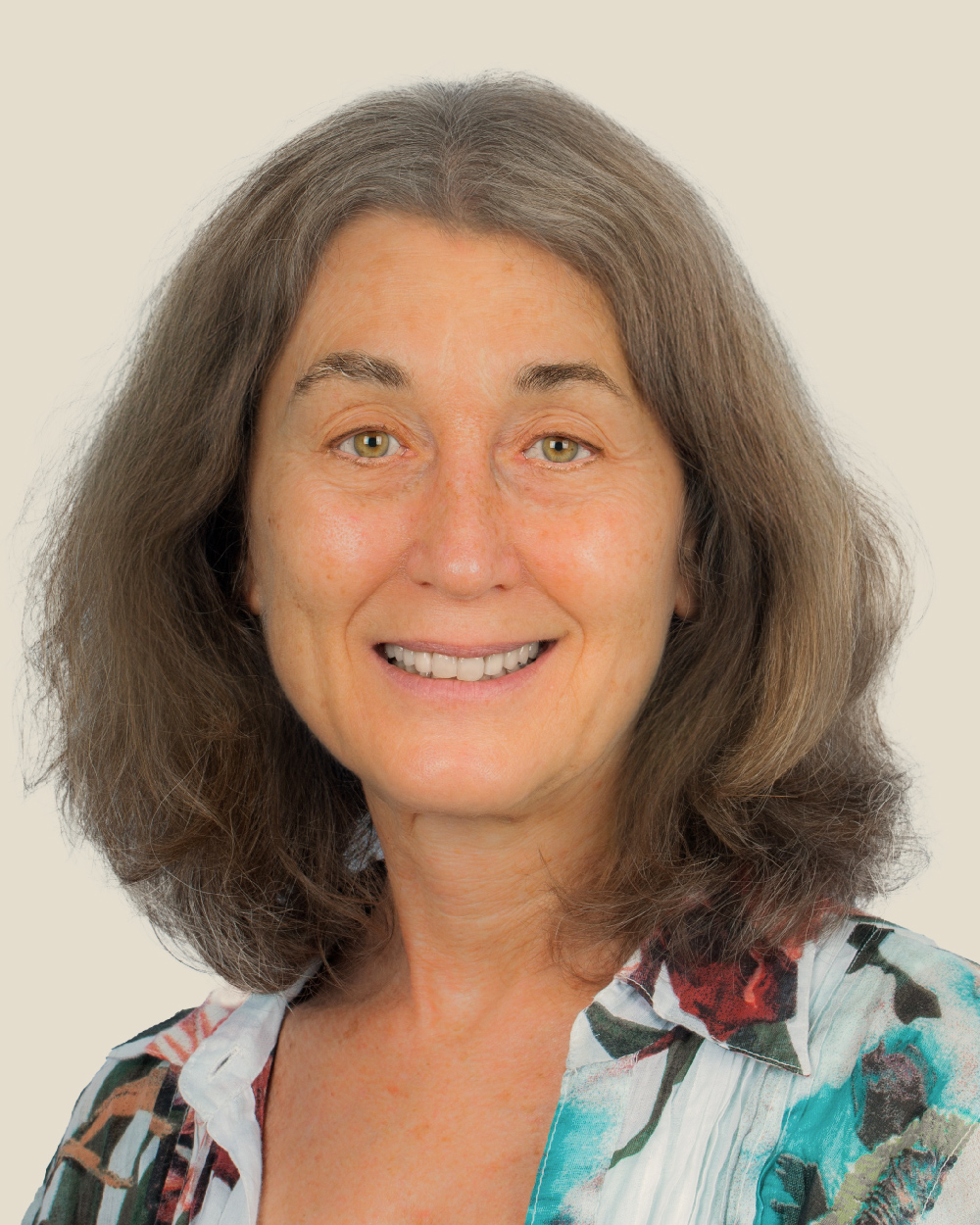
Options Magazine, Summer 2022: JoAnne Linnerooth-Bayer, former director of the IIASA Risk and Resilience Program, reflects on a rewarding career.
 © M. Silveri | IIASA
© M. Silveri | IIASA
Harnessing the atom to provide the world with energy was the utopian vision at the International Atomic Energy Agency where I had lunch in 1972. That lunch – and my economic dissertation – landed me a job as research assistant with a then little-known research institute, IIASA, in a project on nuclear power. Risk research was thus launched at IIASA with the (rhetorical) question: “Why does the public oppose nuclear power when systems (risk) analysis tells us that the chance of dying from a nuclear power plant accident is less than dying from a gorilla attack in Laxenburg?”
In addressing this question, I garnered interdisciplinary lessons that would last me 50 years in risk research across such controversial issues as the transport of liquefied natural gas, chemical plant accidents, and most recently, climate extremes. I learned from anthropologists that there is no one ‘public’ but rather competing ‘worldview communities’ who construct problems and solutions using very different, plural rationalities – now called echo-chambers – and from sociologists that experts themselves are part of these communities so there is no one ‘objective’ risk or even science. I learned from psychologists that risk is more than the probability of some negative outcome such as death or injury; it matters who imposes the risk and who is at risk, whether it is voluntary, controllable, or catastrophic; and from mathematicians I learned the fallacy of ‘expected value’ thinking. Since there are no value-free solutions to risk policy issues, I concluded that trust in credible, equitable, and plurally conceived science- based policy processes – governance – is essential.
The risk landscape has changed with the emergence of such global risks as climate change, biodiversity decline, and pandemic outbreaks, but the lessons have not. Who bears the risk, who benefits, and who decides based on what evidence, are equity questions that continue to loom large on the institute’s research agenda. I’m especially proud of our contribution to the climate negotiations on equitable risk sharing. Wealthy countries have contributed excessively to climate risks, and the poorest in the developing world disproportionately bear the burdens. Could novel types of (subsidized) insurance be a backdoor for wealthy countries to avoid liability and still compensate the most vulnerable? Along with colleagues, I have pursued this idea by contributing to the Intergovernmental Panel on Climate Change (IPCC) and co-founding the Munich Climate Insurance Initiative.
I am also excited about our ‘soft systems’ approach to co-generating policy options in ‘wicked’ settings characterized by ‘deep uncertainty’ and ‘deep conflict’, as we have demonstrated in expert-based stakeholder processes across the world.
Learning goes on. Our recent work on nature- based solutions as a transformative game changer for the climate-biodiversity-risk nexus, has made me fundamentally question earlier risk thinking. Given the huge and urgent nature-financing gap, can inclusive stakeholder engagement, as a core foundation of democracy, lead to the urgent, radical changes the world needs to address today? As in the past 50 years, the institute’s reputation and risk network are well placed to remain at the forefront of addressing this and other critical, even existential, questions.
